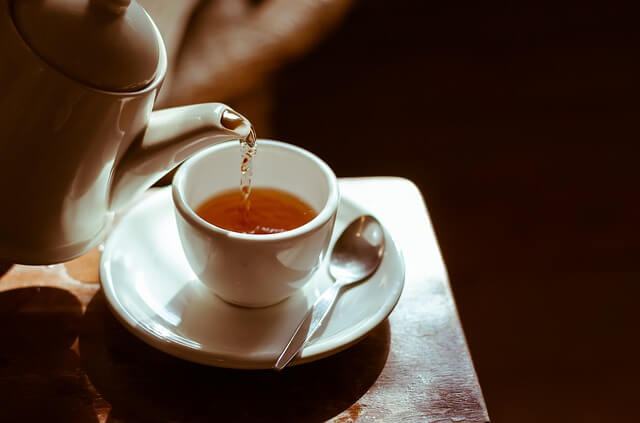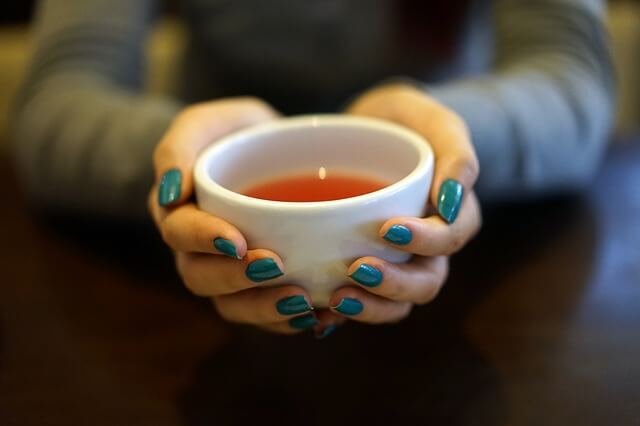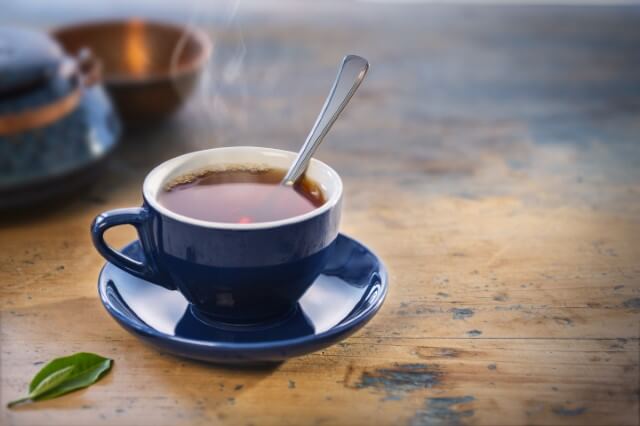Bigelow Tea
Bigelow tea is a tradition of quality and flavorful teas.
About Bigelow Tea
Having a nice hot cup of loose leaf herbal tea on a cold or chilly day is a small slice of heaven, isn’t it? It’s even better when you are not feeling up to par and the soothing warmth of the tea can warm you from the inside out. Herbal loose leaf teas can do more than be comforting and warm. Some herbal teas are made from plants or herbs that have been known for centuries to have healing or medicinal properties. There are countless varieties and blends of herbal loose leaf tea, almost everyone can find some that are appealing to their preference. However, calling it tea is a misnomer. Tea, strictly speaking, comes from the tea bush (Camellia sinensis). More accurately, herbal teas should be called Tisanes. This is a generalized term that refers to anything brewed in water (like tea) but is usually not a caffeinated drink. Often they are prepared using the same method of steeping the ‘tea’ in hot water for some time. The tisane tea can be composed of plants, roots, grains, leaves, or fruits. Sometimes for flavored teas, oils, extracts, fruits, leaves, or other parts of plants are added to tea leaves.
Herbal teas have been consumed as far back as we have history available. Many people have used loose leaf tea for medicinal properties and healing properties over the ages. Medicinal tea was the only treatment for many ailments for decades. Some of the most common benefits associated with herbal teas are stimulants, relaxants, or sedatives. There are also herbal teas that have been used to bring on labor in an expectant mother, reduce nausea, or encourage lactation in new mothers. Herbal tea producers and distributors cannot market their teas using specific medicinal claims, because that is regulated very closely by the US government. However, the benefits of certain varieties of loose-leaf herbal teas have been passed down through oral traditions in various cultures. To learn more about the specific benefits associated with various types of herbal tea or specific ingredients, visiting an herbalist or a library can be very beneficial. A trained herbalist can give you suggestions or advice targeting specific issues or problems a person would like to medically address.
While most teas are safe for human consumption and pose no risk, there can be adverse effects occasionally. The most often occurrences are related to allergic reactions and not too toxic effects of the preparations. Two varieties that may pose some risk are Comfrey and Lobelia teas, and even these are typically only issues if a person drinks them excessively.




